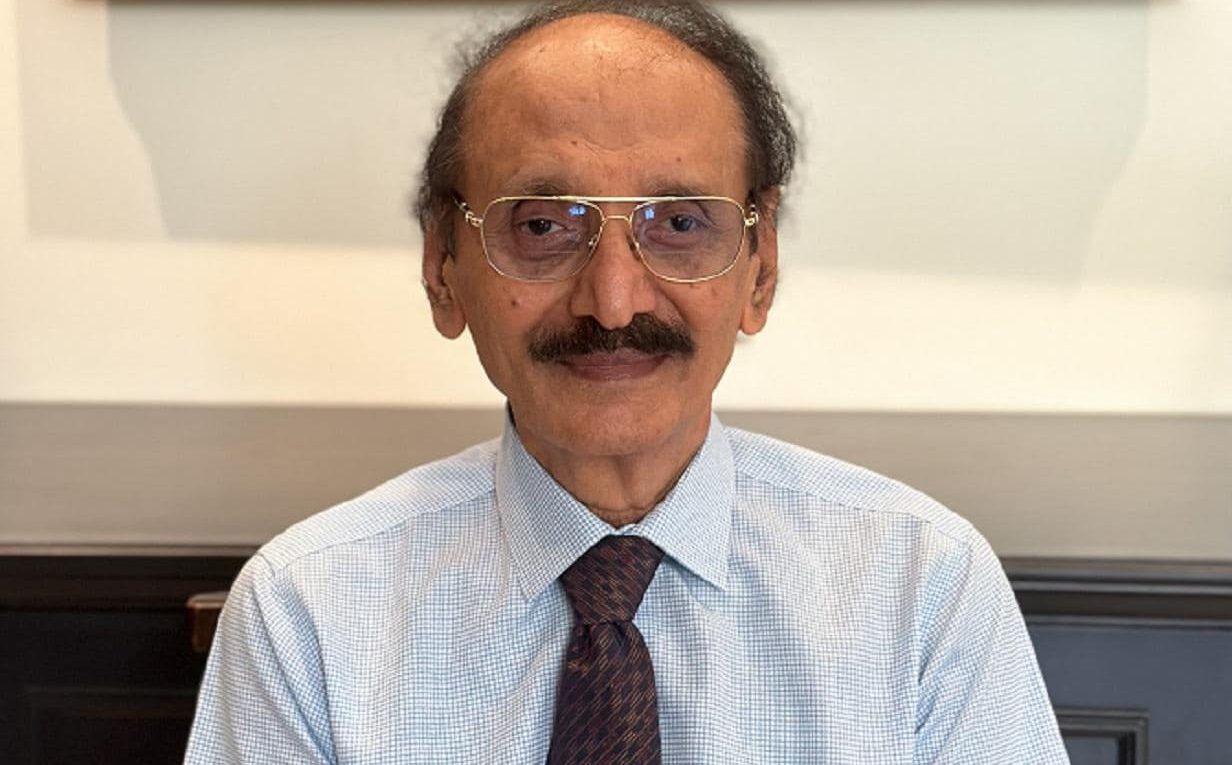Star Health founder Venkatasamy Jagannathan resigns from company’s board
In May 2006, when Venkatasamy Jagannathan started Star Health and Allied Insurance Company (Star Health), he and 12 of his employees were sitting in a dingy room on Madha Church Road in Chennai with a monthly rent of about 30,000 rupees. On Saturday, when he resigned as Chairman and Non-Executive Director, Star Health’s market capitalization was close to Rs 30,100 crore with more than 14,000 employees, as he wrote an unparalleled growth story for the country’s first stand-alone health insurance company.
For the 79-year-old veteran, this wasn’t the first retirement in his 53-year career. Prior to Star Health, he had written a true turnaround story with the state-run United India Insurance Company (United India). When he took over as Chairman and Managing Director (CMD) of United India in 2001, the company was racking up losses of Rs 50 lakh. When he retired in October 2004, he had earned more than Rs 400 crore.
Turning home to Poes Garden, Jagannathan is philosophical when asked about his and Star Health’s future.
“Men may come and men may go, but our company is gone forever,” he says, borrowing lines from Lord Tennyson’s The Brook to mean that this was the belief he instilled in his staff at United India and Star Health.
Jagannathan started his career with Hercules Insurance Company on 3 June 1970, becoming an Administrative Officer at United India during nationalization. In his relentless pursuit of success, he slowly climbed the rungs of the ladder to become the CMD of the company one day.
After his retirement he joined the ETA Star Group to start Star Health.
In the public sector, we had a well-established office. Here, I had to start from the ground up. We got into health because I thought the middle-income group needed financial resources.
To save money, he had to rent typewriters. For the first two years, people viewed the project with fear of failure. However, getting two government health insurance schemes, first in Andhra Pradesh and then in Tamil Nadu, was a game-changer for the company, after which people started to put trust back in Star Health.
The company has created a team of doctors to look into every detail of every bill. Today, it has 400 doctors and is credited with having one of the largest health insurance hospital networks in India, which includes 13,000 hospitals.
Jagannathan recalls how he made sure branch managers were recruited from their regions and how the founder would direct customer calls, often in the middle of the night.
When asked about the high point of his career, Jagannathan drew attention to the company’s performance in 2022–23. The company posted a profit of Rs 618 crore and underwriting profit of Rs 204 crore, which helped him hang up his boots and achieve the all-time highest profit and best industry figures.
Looking at Star Health’s figures, approximately 39 percent of its revenue is derived from South India, 23 percent from West India, 30 percent from North India, and 8 percent from East India.
When asked about the low East India share, he said that the conservative East India insurance market is one rapidly evolving area that the new leaders will have to tap into.
Jagannathan is credited with starting Lunch for Star Health employees and even introducing Employee Stock Ownership Plans (ESOPS) at the branch manager level, going against the trend of companies limiting ESOPs to only senior executives.
A leader must know his men. A general must know his soldiers,” he adds, as a nod to Sun Tzu.
Although he resigned as CMD in May of this year, he continued as Chairman and Non-Executive Director. Still, the industry veteran holds his cards close to his chest as far as retirement plans go, saying he’s balancing all areas for his comeback.
“Every beginning has an end and every end has a new beginning. I am also searching,” he signs wisely.
